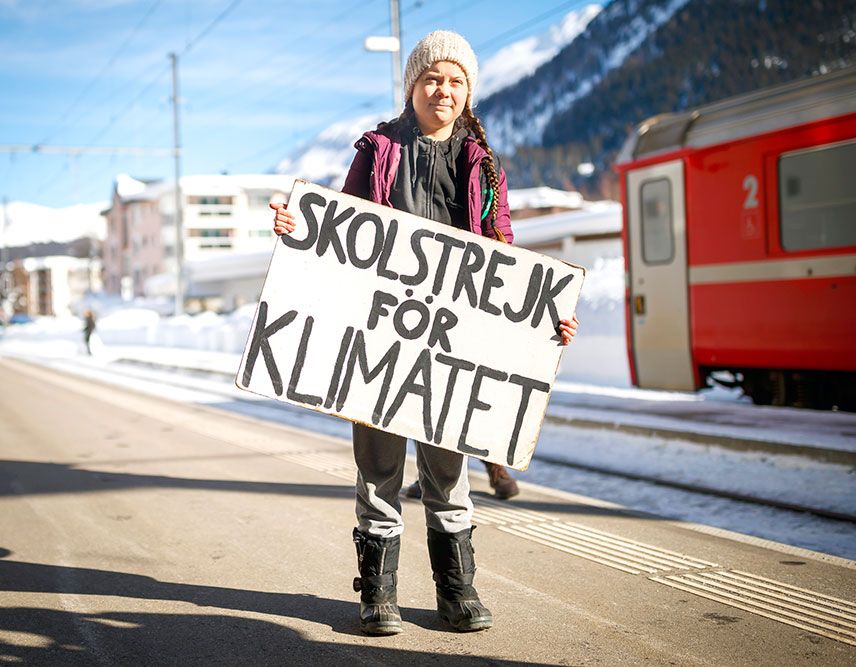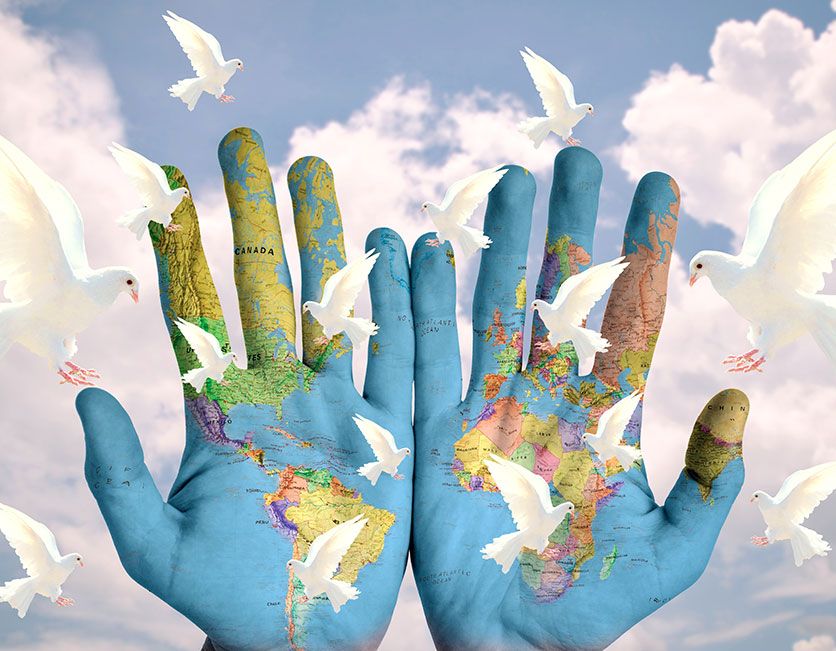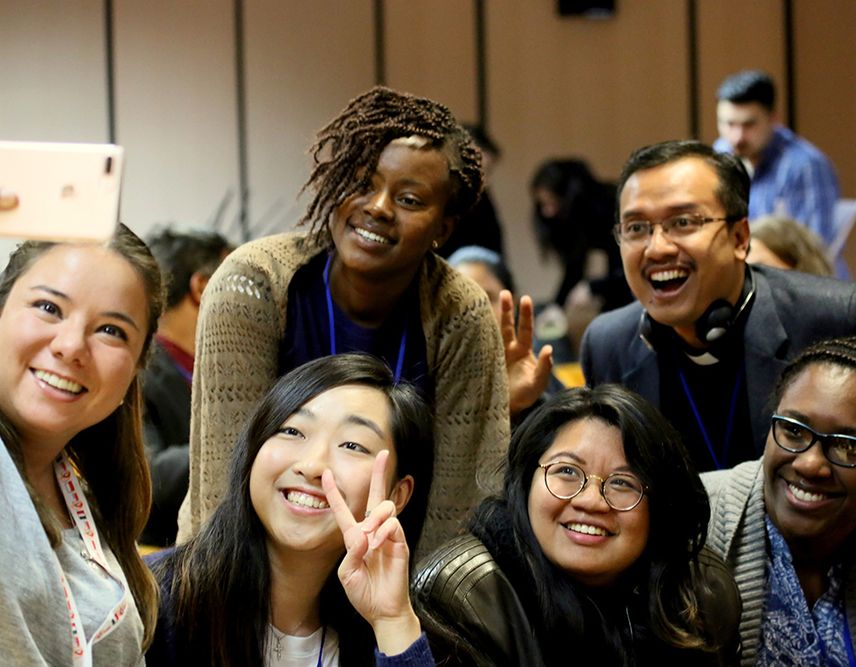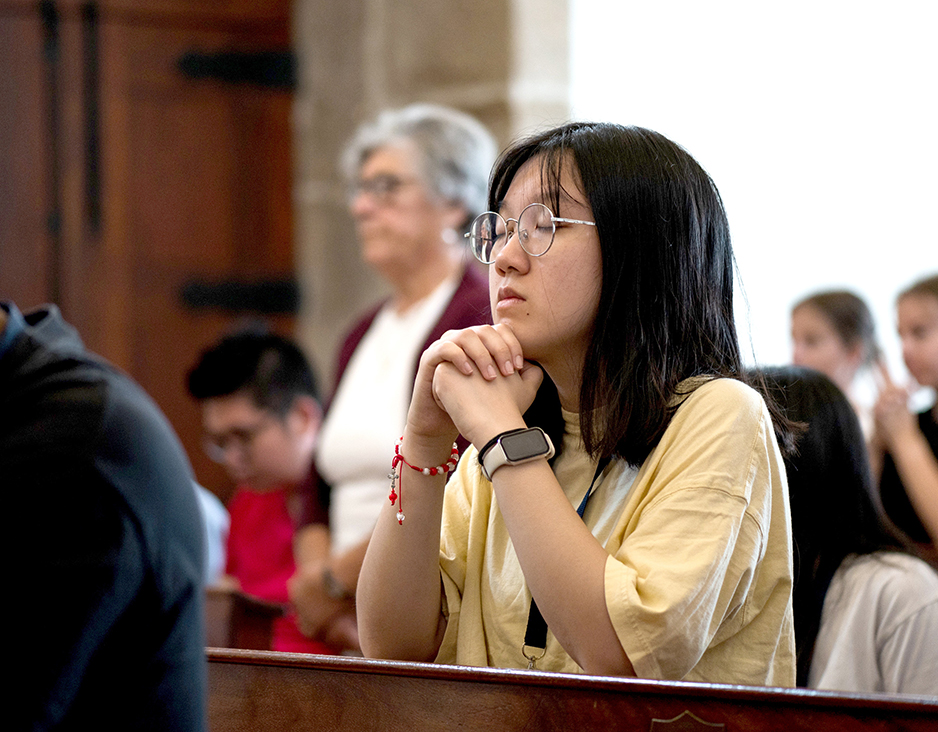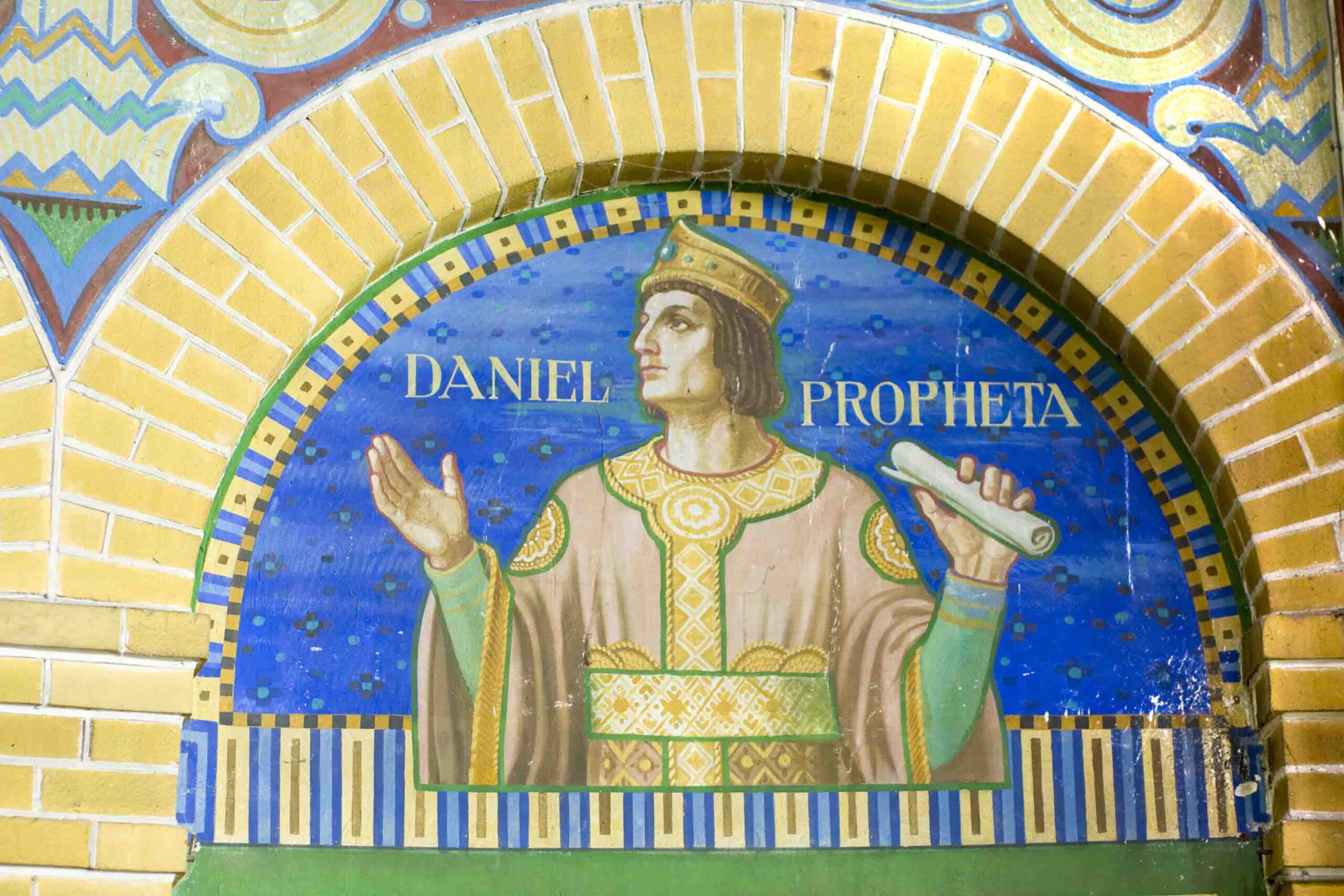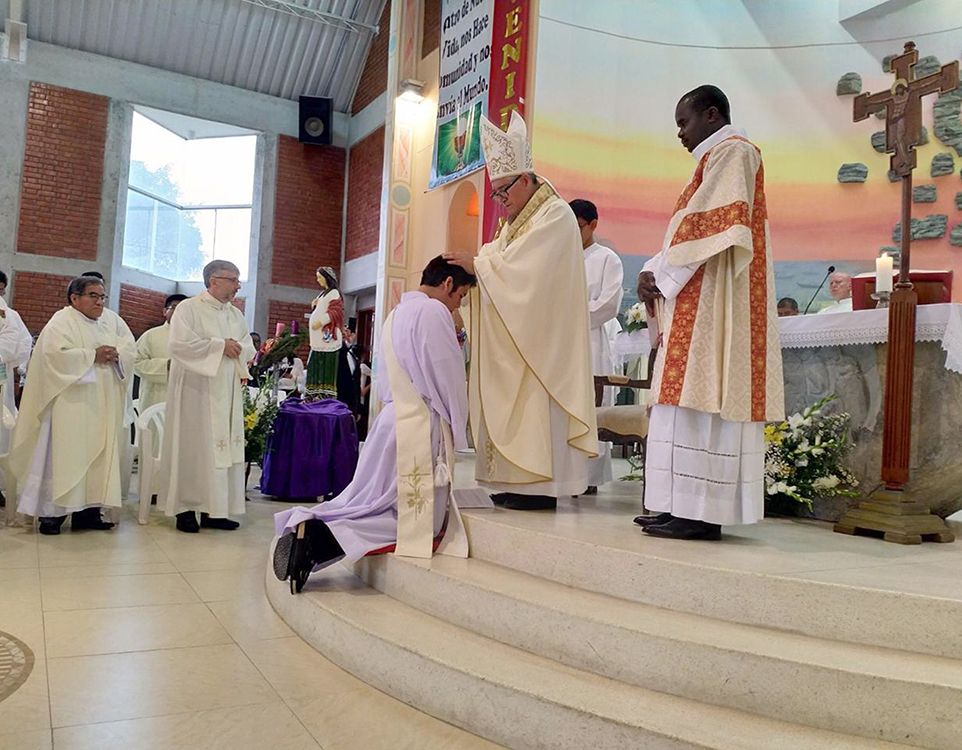For a long time, vocation was understood as a specific mission that only a few can have – an elite of saints who received a special call and whose inherent holiness allowed them to respond affirmatively to the call. However, we know that vocation is not limited to a certain path of life or to a certain kind of people. Vocation, as a gift from God, is human!
Vocation is a gift to humanity and is a guarantee of humanization for every human being. Only in this way can the breadth of vocation be liberating, not reducing, human existence itself. The vocation is not directed to an elite, but to all, and if one wishes to find a common denominator to the whole vocation with its plurality of paths, we find God Himself and the indelible characteristic that the vocation always exists for the common good.
In fact, vocation is not in harmony with self-centeredness, but includes the dimensions of service, love of God and love of all humanity.
In this sense, St. Daniel Comboni, founder of the Comboni Missionaries of the Heart of Jesus, is at the forefront of this essence of vocation by stating that “the time has come when the whole of humanity, which is God’s people, must gather as one flock under the staff of the Good Shepherd” (Writings, 1643).
For him, this is the secret that hides and feeds every vocation. This is the only way to understand why he travelled to Europe many times in search of vocations for the African mission. He was not looking for any specific person, but knocked at every door, calling everyone and everything to missionary service, according to the specificity of one’s life and vocation.
If we think about it, Jesus, throughout His earthly life, called everyone to Him, but also respected what each one was. Following His call, we see the young, the old, children, men, and women in relationship with Him, regardless of their status (rich, poor, single, married, temple-bound, pagan, etc.).
The specific gift of one’s vocation found its climax in the encounter with God and in the concrete life in the service of humanity (Matthew 22, 37-39). Today, vocational dynamism is governed by the same principle and there are no equal vocations (although some vocations are similar); all, personally and communally, converge to God and, consequently, to our humanity and the humanity around us.
Seal Of Humanity
What is vocation but that which validates our existence? What would we be without this dimension that gives meaning to our lives? Can we fully realize ourselves and plunge into the dream of happiness that God calls us to on our own?
Without the discernment and experience of the gift of vocation, we are like drifting boats on the high seas. We are lost, not knowing where we are or where we are going. Little by little, we no longer know who we are.
The vocation authenticates the human being as a person who seeks and fulfils himself at different times in life. This authenticity, however, does not come from a specific path that is taken. Rather, it takes place following the essence of every vocation.
It is no coincidence that St. Paul points out that there are no rivalries of paths since, on the one hand, they all have a particular gift that is unique and necessary for the good of the world (1Cor 12); and, on the other hand, the important thing is not the specific person, but the experience and recognition that we are all simple servants and that each one acts according to the measure that the Lord has given him/her (1Cor 3,5).
Becoming More Human
Many times we are led to think that vocation will transform us into something we are not: a kind of angel or saint who is alienated from the reality that surrounds us and away from those we love most. However, what happens is precisely the opposite. In fact, without realizing it, we are growing, living and gaining a certain propensity to consider ourselves better than others, to develop the conviction that we are right in what we say, and in where we stand about life and everything that surrounds us.
Vocation breaks down this idea and, instead of making us more aloof from reality, leads us to an inner descent, making us more human and, consequently, better able to hear and meet our brother/sister.
This humanization also leads to a repositioning of the relationship with God that is a new configuration of the relationship itself, in which what prevails is no longer God who has to submit to our individual wills, but rather the desire, with Him, to better realize one’s existence in the service of humanity.
This path of vocation is only possible precisely because it is not reduced or intended for a circumscribed elite. On the contrary, it is a gift for all, making everyone more human, giving each one a more authentic experience “for the benefit of humanity and for the spread and increase of the glory of God” (St. Daniel Comboni, Writings, 512).
We cannot be mistaken and pursue a vocation that “comes from without,” which is in some way virtualized and therefore unreachable. We cannot continue to believe that it is reserved for only a few, or that the vocation we think we are called to live with is a smaller vocation compared to others.
If the vocation was something abstract or transcendent, no human being could discern it, live it or love it. For this reason, the vocation is full of humanity in its fullness, thereby allowing the action and magnificence of God to manifest itself. When we ask, “How did God accomplish His saving mission?”, we arrive at this answer: through incarnation. Through His Humanization He was able to redeem all mankind, even freeing them from the slavery of death.
The Divine In The Heart
It is in the human heart that the divine happens. This is where vocation has the space to be received, discerned and lived. To deny the inherent humanity of vocation is to deny the very possibility of its existence, in so far as it is to close the doors to what we truly are.
It is in this humanity of ours that God continues to offer us the gift of vocation, ceaselessly whispering to us: “Take courage! It is I. Don’t be afraid.” (Matthew 14:27). “In the world you will have tribulation; but have confidence, I have overcome the world!” (John 16:33). “And know that I will always be with you until the end of time” (Matthew 28: 20).








